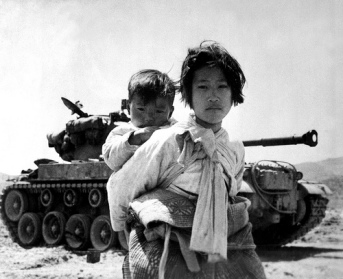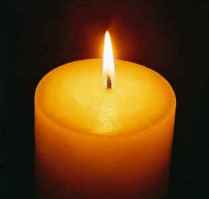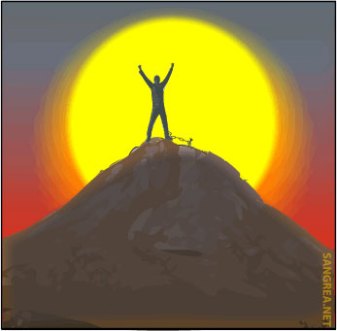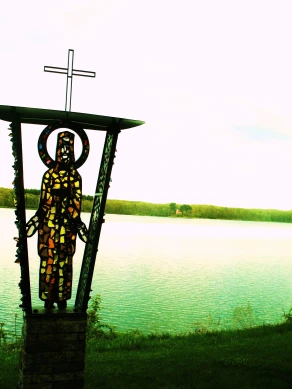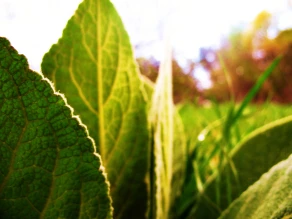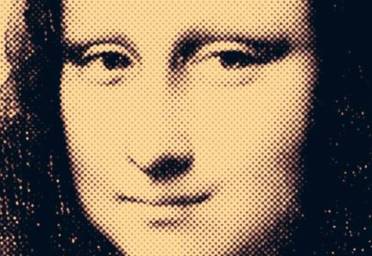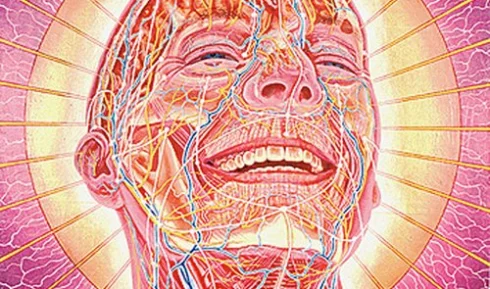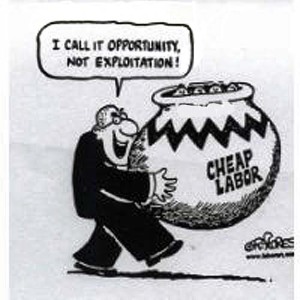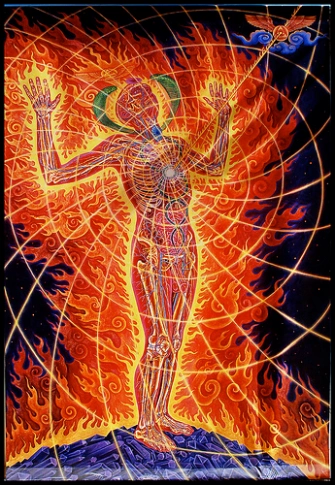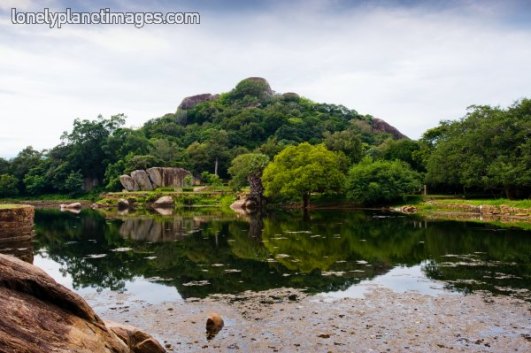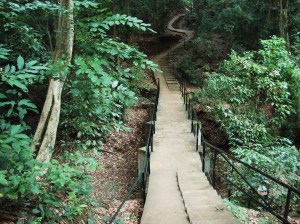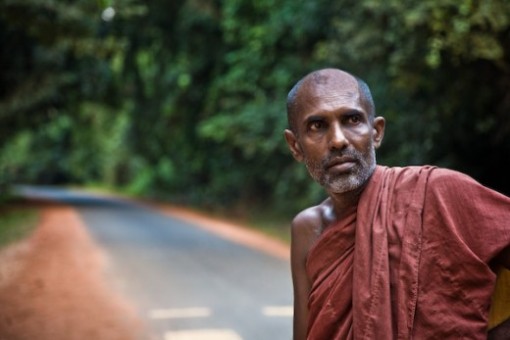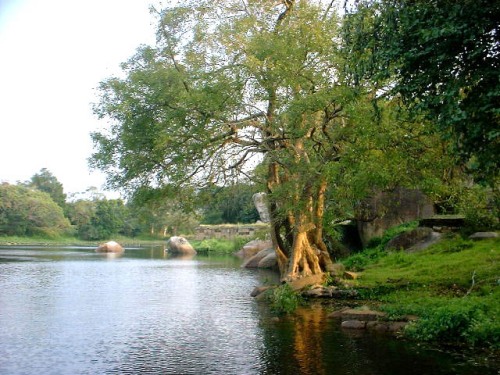There are many things in the world that change and pass quickly. Time, fleeting moments with people in life, the promises of election candidates and the depreciation of the rupee reminds one of the unpredictable speed that moments come and go. But then again, there are things that change very slowly; slow enough to escape the notice of the discerning observer. Among such slow changes in life such as the aging of the sun, the wrinkling of the skin, and the incessant irritation caused by in-laws (and their side of the family), one thing stands out as being a critical feature in the history of humankind. And that is the timeless complacence, stupidity, and fear that have accompanied our species throughout its history.
The argument would arise that humans are intelligent, discerning, and compassionate. And denying the validity of it would be akin to standing still in the face of a cricket ball hurling towards one’s nose. But how true is it and can that logic be applied to the whole of our species? If inspected thoroughly, it becomes clear that these lofty qualities we ascribe to ourselves are only demonstrated by a precious few in the grand collective. Of the billions of people that live and have lived, it has only been the defiant, dissatisfied, and discerning beings that have emulated the qualities of courage, curiosity, and intelligence that the rest of the species has hijacked to ascribe to themselves. Think about it. How can all of us compare with the likes of the Gandhis, Mandelas, Einsteins, Magellans, Beethovens, Galileos, Jesus’ and Buddhas that have changed the world of our species? How can a species of promptly consenting, doubtless and materialistic consumers discover that knowledge, peace, and progress of humankind has always had a resolute opponent in the form of our own deluded views of the world? Unfortunately society, even in this time of technological and philosophical sophistication, experiences war, poverty, corruption, pollution, exploitation, rape, and politics in Kelaniya. The existence of these maladies only occur when there are problems. And if that reasoning is true, then humanity has had an incurable disorder throughout the echoes of time.
Complacence? What is it? “Self satisfied and unaware of possible dangers,” as defined by the Encarta dictionary, the quality of complacency is omnipresent in the annals of human history. The attachment to a prevailing view with the close minded refusal to accept changes to redundant and outdated ethics have always obstructed the emergence of more holistic, harmonious systems of human solidarity and progress. The world was flat until someone thought that it couldn’t be so, and the famous refusal of the powers that be in the time of Galileo played a crucial role in stifling the observation that the earth revolved around the sun (and not the other way around); now common knowledge to the world at large. If humans are bent on progress, material and spiritual, then we should accept the infinity of possibilities we can devise using our creativity, understanding, and compassion. But we live in a world where open mindedness, free thinking, and constructive criticism; tools essential for holistic development, are constantly leered at by the majority who cannot open their minds up to the possibilities of harmony and mutual understanding. Speaking of democracy, Thomas Jefferson, a founding father and former President of the United States, stated “eternal vigilance is the price of democracy.” But are we vigilant? Or has our awareness been blunted by those who don’t wish to see a mindful public? In a time where politicians make their living by terrorizing, misleading, and eating off the fat of the land, war and hatred prevailing over peace and love, and a radically partisan media that hoodwinks people and nations, the reeking smell of complacence seems to have developed greater potency than the scent of vigilance.
What of stupidity and fear then? If people are fearful of the unknown, how will we ever get to know the peace and spiritual progress that we still do not know? If people don’t question, then where will the answers come from? The fear of the unknown is fertile ground for stupidity to take root, and stupidity keeps us fearful and satisfied with false notions of fulfillment. It is a vicious cycle that keeps alive the wars of the world, the conflicts of views, and public servants (sic) lashing the public onto trees and other ridiculously blatant offences to decency, humility, and intelligence; qualities that we humans think we possess in abundance! How will we ever see the good in someone or something when we approach it with a mind to disprove and denounce? Could decency arise at a shouting match? How will peace arise when we idiotically try to achieve it through violence and the fear of the ‘other?’ Will humility be born in a world where greed and power go hand in hand? And how in the world can a nation achieve progress and security when it keeps electing gangsters, crooks, entertainers, and charlatans into government instead of statesmen, humanitarians, philosophers, and scientists? Is it intelligent to keep bowing to intimidation and consenting without resisting injustice and corruption? The problem is that there have always been those people who have smelled something fishy in the air throughout human history, but too many have been told to believe that the stink smells good.
The reality is that our so called “intelligent” species live in a world where we have to pay to live, even in a time of technological and humanitarian revolution. How can we consider ourselves free of anything as long as we all have a price on our lives? As history has proved over and over again in the personalities of the great movers and shakers of the world, it is the people who question the norm and authority, the fearless and compassionate, the learners and listeners, who have contributed to the greatest progressive changes in the world. Once denounced as a heretic, Galileo’s defiant fearlessness has helped us place ourselves in a remote corner in the universe, unveiling a humbling yet powerful insight into reality. 27 years in jail and resolute compassion towards his oppressors helped Nelson Mandela change a world from the ignoble stupidity of racism. And a relentless refusal to accept the norm and the radical courage to question oneself helped a human become a fully enlightened being 2600 years ago to spread the knowledge of developing intelligence, unity, and peace in a reality of change, conflict, and collapse.
Who am I and who are you? Do we want to lead lives of silent resentment and guilty pleasure or be the agents of change by arming ourselves with vigilance, knowledge, and compassion? It is a time of monumental importance for mankind as we look towards an uncertain future in search of answers and contentment. But no intelligence will manifest with complacence and stupidity, and no contentment will arise with fear. It is time to ask ourselves the tough questions and listen with humility. Progress has always been tedious and slow, but in spirit and unity its torpid pace may finally be overcome. Let’s stop waiting and start changing!


